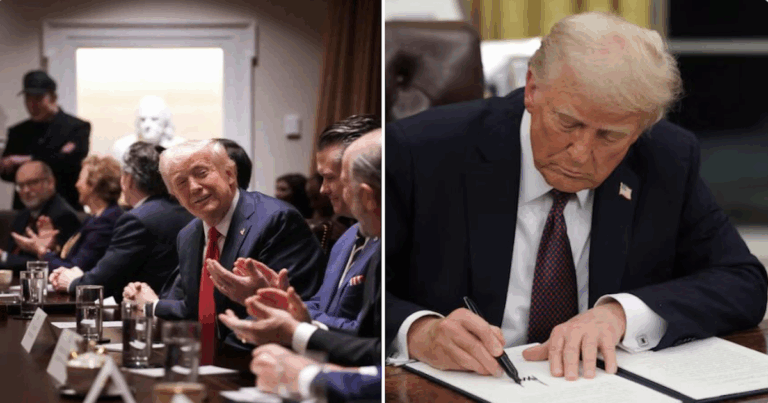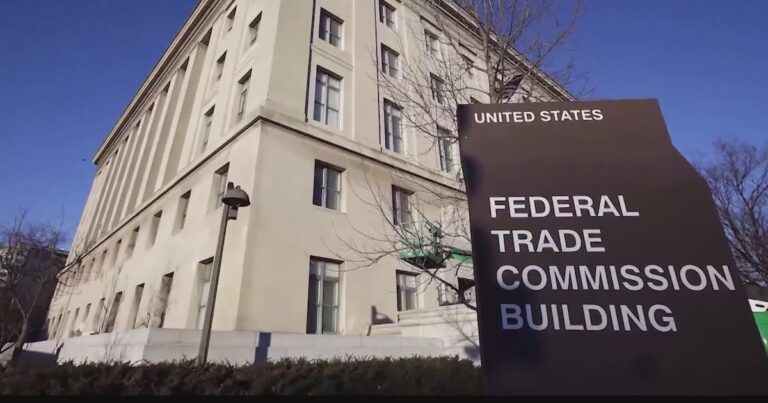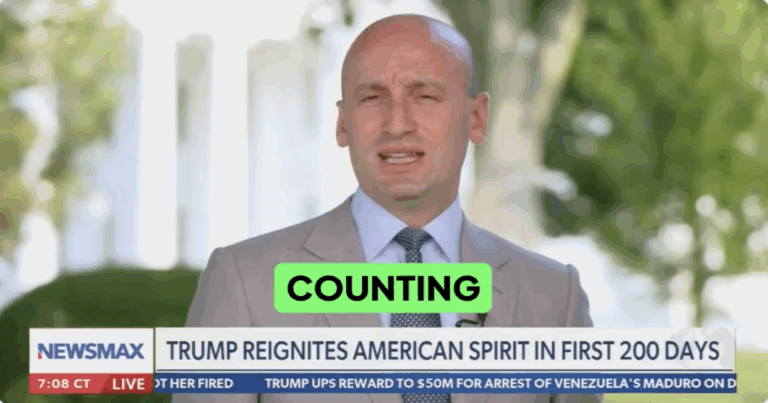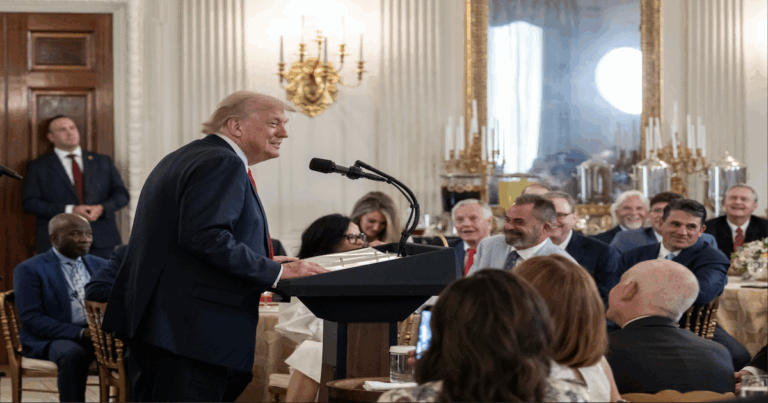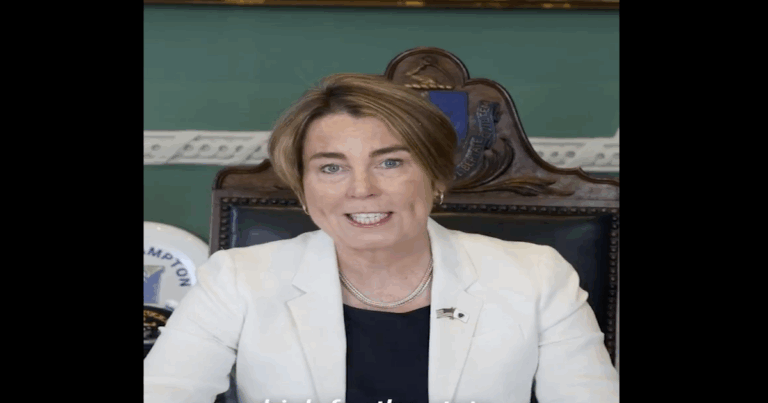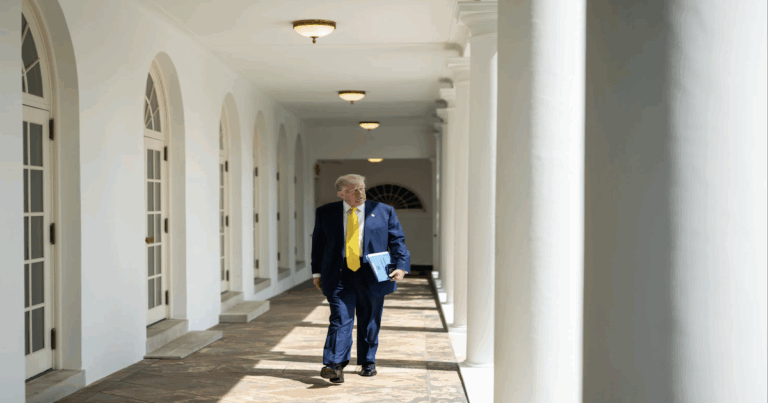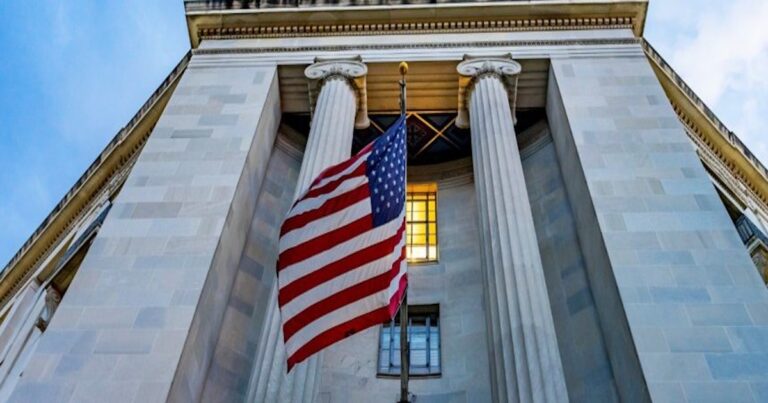Key Takeaways:
- Strict Oversight on Spending: All federal grants will now be reviewed by Trump appointees and experts to ensure they benefit Americans, align with national priorities, and avoid duplication.
- Ending Radical & Foreign Projects: Past taxpayer dollars funded drag shows in Ecuador, critical race theory programs, Wuhan lab research, and DEI initiatives — all now in the crosshairs of Trump’s reforms.
- Merit Over Politics: Grants will go to a wider pool of applicants based on results, not political connections, lobbying power, or ideological agendas.
President Donald J. Trump just drew a hard line on government waste — and the gravy train for fringe pet projects is officially over. Last week, the president signed an Executive Order to end the abuse of federal grants by unelected, unaccountable bureaucrats who’ve been funneling your money into programs that have nothing to do with helping Americans.
From now on, every grant will face rigorous review by Trump-appointed officials and subject-matter experts to make sure it actually benefits the American people, aligns with administration priorities, and avoids duplication across agencies. If a project veers off course or funds causes that undermine the country, future grants can be terminated on the spot.
Trump’s order also puts an end to the insider club of the same universities and nonprofits cashing in year after year. Instead, funding will be opened up to a wider pool of merit-based applicants — no more taxpayer subsidies for organizations with the best lawyers and lobbyists instead of the best results.
Why the change? Because under previous administrations, Americans’ tax dollars bankrolled drag shows in Ecuador, Ph.D. programs in critical race theory, transgender sex-ed programs, and even Wuhan’s dangerous gain-of-function research. The National Science Foundation spent millions on AI-powered social media censorship tools — and over a quarter of its 2024 grants went to DEI and other far-left initiatives.
Trump’s crackdown builds on his record of eliminating waste, fraud, and ideological bias in Washington. His administration has already killed thousands of wasteful contracts, saving billions. With this Executive Order, federal grants will finally be awarded on merit, not politics — putting taxpayer money back to work for the people who earned it.
Bottom line: No more funding radical ideologies, no more foreign pet projects, and no more “woke” science experiments. This is government spending with an America First spine.

